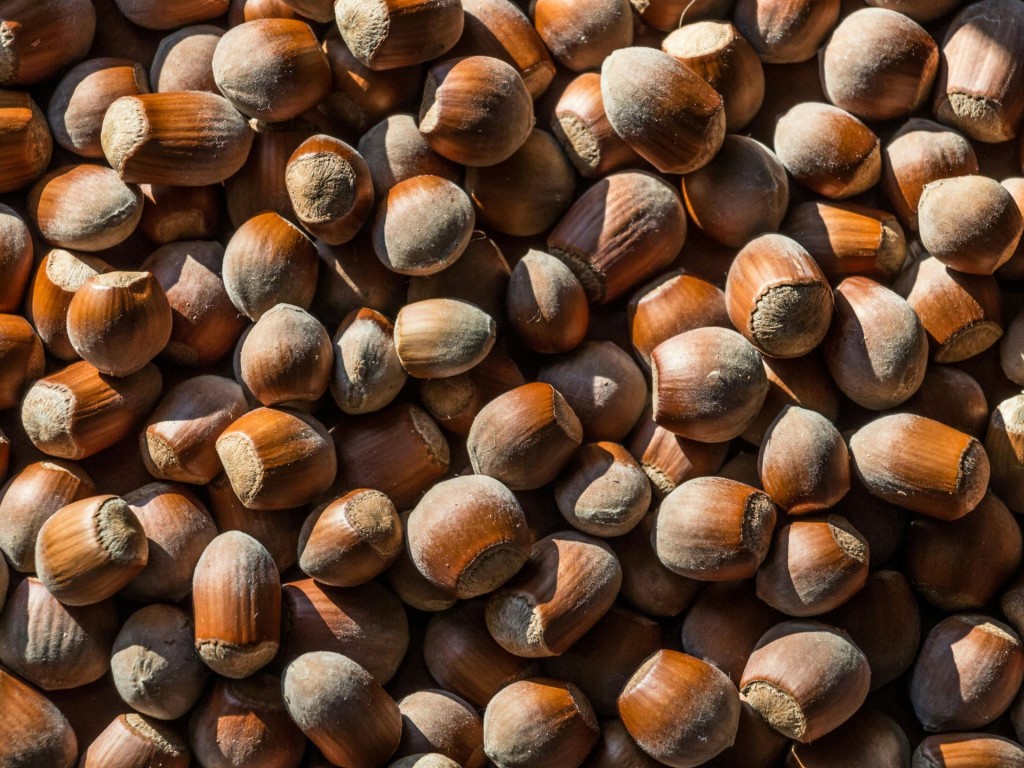05/09/2024
An international study will analyze the impact of nut consumption in the prevention of chronic diseases
If it is shown that nut consumption is beneficial, healthcare professionals could include them in dietary recommendations and medical protocols

If it is shown that nut consumption is beneficial, healthcare professionals could include them in dietary recommendations and medical protocols
A study led by Pere Virgili Health Research Institute, the URV and the University of Copenhagen will investigate the impact of nut intake on the prevention of chronic diseases. With more than one million participants from around the world, the research team aims to drive a global change in public health by designing dietary guidelines based on these foods and ensuring their inclusion in public health and medical protocols for patient care and disease prevention.
The research, which began this February and will last for three years, will study the relationship between nut consumption and the health status of a sample of people from almost all continents—Europe, America, Asia, and Oceania. The aim is to determine whether incorporating these foods into the diet impacts the incidence of non-communicable chronic diseases over the years—such as cardiovascular diseases, myocardial infarction, stroke, diabetes, neurodegenerative diseases, etc. It will also assess whether those who frequently consume nuts have a lower risk of mortality.
“The data we currently have comes from studies conducted in Europe and the United States, which are not representative of what happens in other parts of the world. To design universal dietary recommendations, we need data from various parts of the world,” explains Marta Guasch Ferré, co-leader of the research, alongside Jordi Salas Salvadó, principal investigator of the Research Group on Food, Nutrition, Development, and Mental Health (ANUT-DSM) at IISPV-URV-CERCA and CIBERobn (Instituto Carlos III).
A statistical tool called meta-analysis will be used to analyse and compare the data obtained from the 26 cohorts—groups of individuals with common characteristics—into which the sample is divided. “Previous studies have used different techniques to analyse their data, making it difficult to compare them and determine whether nuts are suitable for the prevention of diseases,” explains Guasch.
At the same time, Jordi Salas believes it is necessary to consolidate existing information collected in several previous studies, “to definitively understand what the scientific evidence says about nut consumption in the context of disease prevention.” If it is observed that nuts are beneficial for the prevention of chronic diseases, due to their versatility, healthcare professionals could recommend their consumption, making it part of medical protocols for patient care and disease prevention.
This collaborative project, called Nut Consumption and Prevention of Non-communicable Diseases: A Global Individual Participant Data Meta-analysis (NUTPOOL), is funded by the International Nut & Dried Fruit Council. The team includes postdoctoral researchers from the University of Copenhagen (UCPH), Marta Trius Soler and Cristina Valle Hita, Associate Professor of Nutrition and Dietetics at the University Rovira i Virgili (URV), Nancy Babio, and senior postdoctoral researchers from the Human Nutrition Unit at IISPV-URV, Sangeetha Shyam and Jesús Francisco García-Gavilán.
